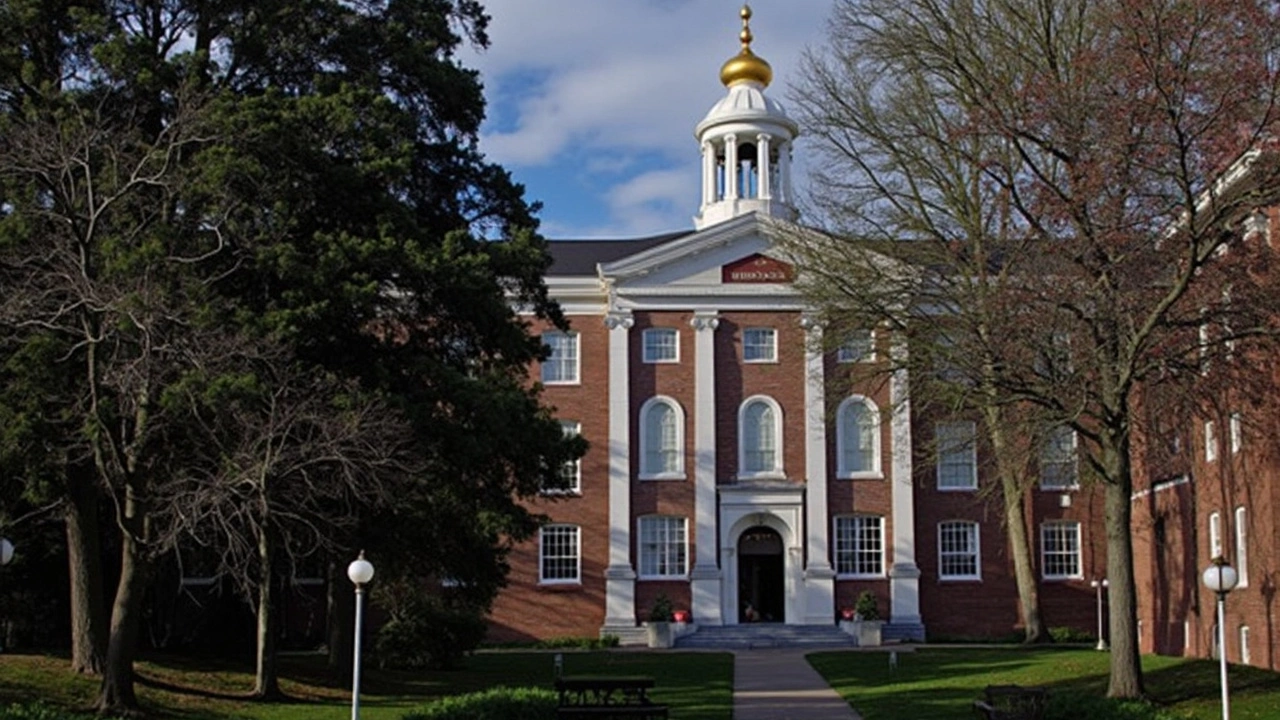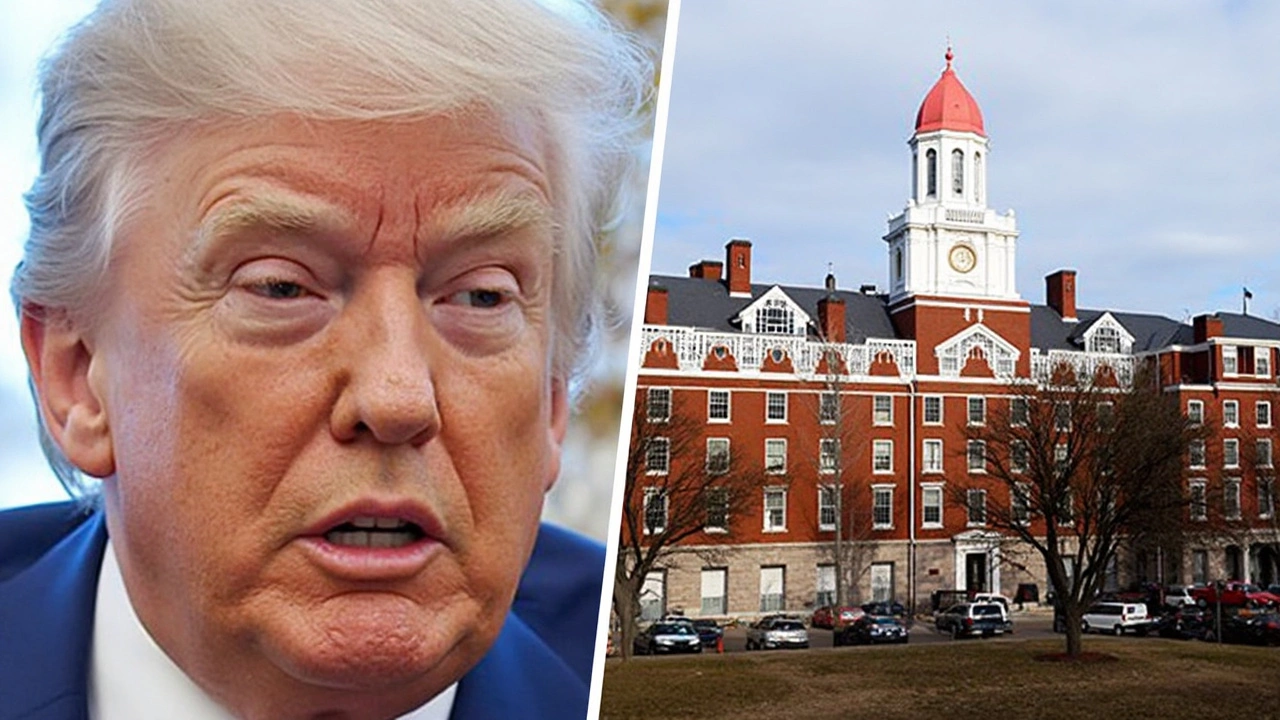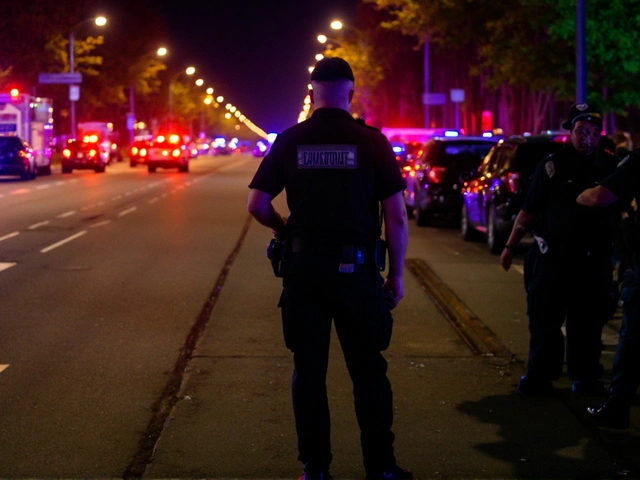Trump Administration Blocks Harvard from Enrolling International Students Amid Antisemitism Accusations
Harvard’s International Enrollment Suspended Over Antisemitism Claims
The Trump administration dropped a political bombshell by yanking Harvard University’s right to enroll international students, citing ongoing allegations of antisemitism and ideological bias. With a single announcement from Homeland Security Secretary Kristi Noem on May 23, 2025, Harvard’s Student and Exchange Visitor Program (SEVIS) certification was gone—out of play, effective immediately. For the more than 25% of the student body with international backgrounds, it was a gut punch that sent shockwaves across campus and beyond.
Harvard didn’t mince words, firing back instantly by labeling the move “unlawful.” Messages buzzed through group chats, and international students scrambled to figure out if they’d lose their student visas or need to abandon life in Cambridge. Incoming freshmen, who’d picked Harvard over top universities around the world, suddenly wondered if those dreams would vanish before their first class. The fallout isn’t just emotional—there’s real uncertainty here about housing, tuition deadlines, and even graduation timelines.

The Clash: Politics, Academic Freedom, and Financial Stakes
This is only the latest clash in a brewing rivalry between Harvard and the Trump administration. The government’s accusations—alleging Harvard is soft on antisemitism and too invested in “woke” agendas—go way beyond campus drama. It’s a cultural and political battle that’s already seen threats to federal funding and demands for tighter control over admissions and hiring at Harvard. Some see the administration’s actions as straightforward political payback. Massachusetts state Rep. Tram Nguyen, for instance, didn’t hesitate to call it “un-American” and a threat to the core of academic freedom. She pointed out just how much international talent boosts not just Harvard’s campus but the broader economy around Boston and Cambridge.
The White House pushes back, saying foreign students don’t have a right to study in the U.S.—it’s a privilege that can be pulled when universities ignore federal warning bells. They insist Harvard ignored multiple complaints and failed to address ongoing bias issues, leaving them no choice but to act. But for foreign students, the argument feels cold and transactional. They make up a serious chunk of Harvard’s talent pipeline: researchers, future doctors, engineers, and entrepreneurs who often remain in the U.S. after graduating.
Harvard is already mobilizing a battery of legal resources to fight back, promising support for every student caught in the crossfire. Meanwhile, families around the globe are left hanging, trying to figure out alternate plans, new schools or, in some desperate cases, how to avoid immediate deportation. Campus offices are fielding frantic questions, while university officials brace for a huge hit to tuition revenue—money that keeps a lot of programs going strong. With the university’s reliance on international tuition fees, the prospect of lost income could mean cuts, staff reductions, and cancelled classes just when both faculty and students need more support.
This unprecedented move isn’t just a bureaucratic headache or a talking point for cable news—the real stakes are playing out in dorm rooms, family kitchens, and law offices. For now, the future of Harvard's global community is hanging in the balance, waiting for courts and policymakers to decide which vision of higher education will win out.





